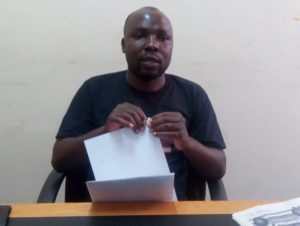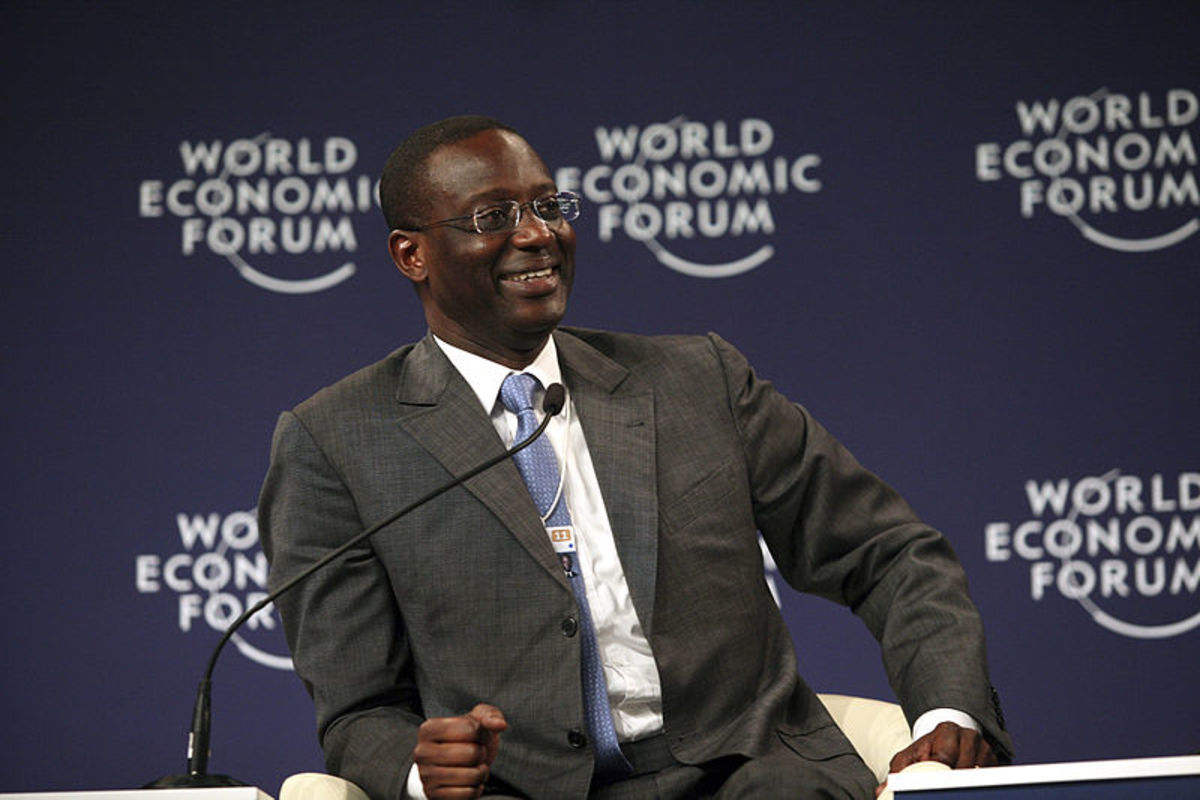
(Photo by Jahi Chikwendiu/The Washington Post via Getty Images)
Bill Barr isn’t even bothering to hide it any more. Donald Trump’s Attorney General is locking down those U.S. Attorneys Offices to put the kibosh on any politically inconvenient investigations during this election season. Well, not of Republicans, anyway.
The New York Times reports that Barr announced new restrictions yesterday on Justice Department investigations during an election year. If a U.S. Attorney’s Office wants to investigation a candidate for president, vice president, or congress, the AG will have to sign off on it personally. Ditto for any federal political campaign or campaign donor.
No investigation into a presidential or vice-presidential candidate — or their senior campaign staff or advisers — can begin without written notification to the Justice Department and the written approval of Mr. Barr.
The F.B.I. must also notify and consult with the relevant leaders at the department — like the heads of the criminal division, the national security division or a United States attorney’s office — before investigating Senate or House candidates or their campaigns, or opening an inquiry related to “illegal contributions, donations or expenditures by foreign nationals to a presidential or congressional campaign.”
The part about donors being off limits is a really nice touch. Rudy Giuliani’s errand boys in the Ukraine smear campaign, Lev Parnas and Igor Fruman, are currently under indictment for lying about the source of $325,000 they contributed to Trump’s America First Action PAC. Parnas and Fruman claimed the money was earned by their company Global Energy Producers, which had no actual income. In fact, the $325,000 check was from another shell company, but Trump’s PAC was courteous enough to credit it to Global Energy Partners. Which is not a good look. Lucky thing Uncle Bill is making sure America First won’t be distracted by law enforcement during this important fundraising period!
Remember when Donald Trump took to Twitter to excoriate then-AG Jeff Sessions for allowing the DOJ to prosecute Reps. Chris Collins and Duncan Hunter during an election year?
Looks like Rep. Pete Sessions, who also took hinky money from Parnas and Fruman, is in the clear. Phew!
Barr has consistently claimed that the investigation of Trump’s campaign for coordination with the Russian government was politically motivated, and he’s launched a criminal probe into its origins. The DOJ has tried, and apparently failed, to indict former FBI Deputy Director Andy McCabe for lying about it. Clearly Barr won’t be allowing that kind of slip up this time around!
Although an investigation of Joe Biden’s son for bog standard, totally legal sleaziness might be just what the doctor ordered.
In the end, Barr gives the whole game away. After the 2020 elections, the Department will revisit the issue to see whether the Attorney General really needs to bother himself with low-level corruption prosecutions. How tidy of him to include a sunset provision in his cover-up campaign.
Investigations Into 2020 Candidates Must Be Cleared by Top Justice Dept. Officials [NYT]
Elizabeth Dye lives in Baltimore where she writes about law and politics.







 Jennifer DeTrani is General Counsel and EVP of
Jennifer DeTrani is General Counsel and EVP of 








 Claire E. Parsons is a Member at
Claire E. Parsons is a Member at 
